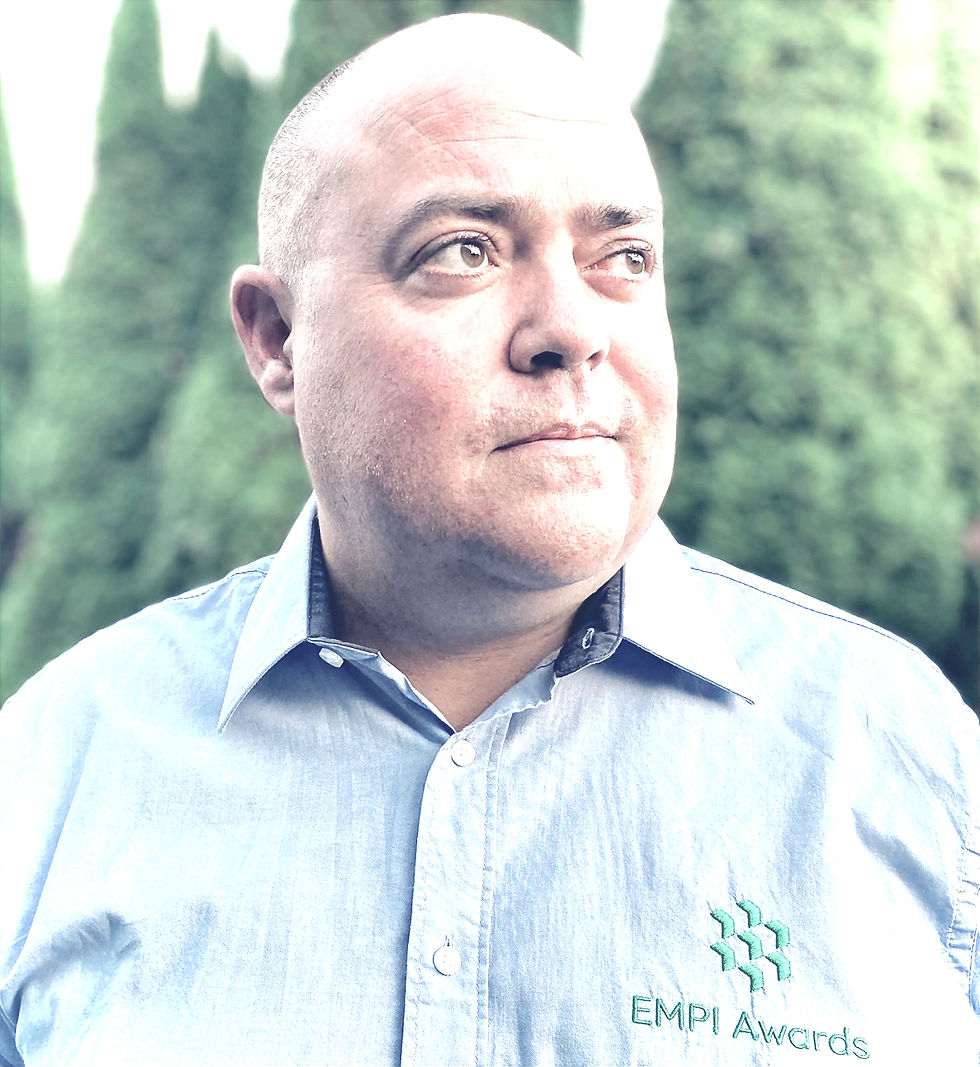Improving the Recognition of In-House Training Programs Through Accreditation
- Gavin Brain

- Oct 22, 2024
- 4 min read

Accreditation is not just about meeting a standard; it’s about setting one. Through EMPI Awards’ Training Accreditation Services, organisations can elevate their in-house training from an internal initiative to an industry-recognised program, enhancing its value and impact.
In-house training programs are an essential part of workforce development across many industries, including quarrying, mineral extraction, and logistics. These programs are often designed to address specific operational needs, imparting practical skills and company-specific knowledge that may not be covered by standardised qualifications. However, despite their value, many in-house training programs struggle to gain recognition beyond the walls of the organisation. This is where accreditation can make a significant difference, bridging the gap between internal training initiatives and industry-recognised qualifications.
The Challenge with Standardised Qualifications
While standardised qualifications, such as those based on National Occupational Standards (NOS), have their place in ensuring a baseline level of competence, they can often fall short when it comes to meeting the diverse and evolving needs of specific industries. Often the nature of work can vary significantly from one operation to another, making a "one-size-fits-all" qualification less effective in some cases.
Organisations are increasingly looking for training solutions that not only meet regulatory requirements but also align with their unique operational goals. In-house training programs offer this flexibility, allowing companies to tailor content, delivery methods, and assessment strategies to their specific contexts. However, without external recognition, the value of these programs may not be fully appreciated by stakeholders such as clients, regulators, or even employees themselves.
Adding Value Through EMPI Awards’ Training Accreditation Service
EMPI Awards’ Training Accreditation Service provide a solution to this challenge, offering a pathway for organisations to gain formal recognition for their in-house training programs. Here’s how EMPI Awards can add value through accreditation:
Customisation and Flexibility
Unlike standardised qualifications, EMPI Awards’ accreditation framework allows organisations to design their training programs to reflect real-world operational requirements. This means companies can incorporate site-specific risks, proprietary equipment, or unique processes into the training content, making it more relevant and immediately applicable.
Enhancing Credibility and Confidence
An accredited training program provides third-party validation that the training content is robust and aligned with industry standards. This recognition boosts the program’s credibility, making it easier for companies to demonstrate the competence of their workforce to clients and regulatory bodies. It also enhances employee confidence, knowing that the skills they are learning are formally recognized and transferable within the industry.
Bridging Skills Gaps More Effectively
EMPI Awards’ accreditation doesn’t just rubber-stamp existing programs; it helps organisations identify and address any gaps in their training content. The accreditation process involves a thorough review of the learning objectives, teaching materials, and assessment methods, ensuring they meet current industry standards. This means that accredited programs are not only recognised but are also of a quality that contributes to filling skills gaps more effectively than some off-the-shelf qualifications.
Supporting Continual Improvement
Accredited in-house programs are not a static solution. EMPI Awards encourages a cycle of continual improvement, where training programs are regularly reviewed and updated to keep pace with changes in technology, regulations, and industry practices. This approach aligns with modern quality assurance practices and demonstrates a commitment to maintaining high standards over time, which can be a differentiator in competitive markets.
Empowering Businesses to Set Their Own Standards
By accrediting in-house training, EMPI Awards enables organisations to establish and uphold their own standards of competence. This approach allows businesses to take ownership of their training and development initiatives, setting benchmarks that go beyond regulatory compliance. It also provides a way to recognise specialist skills that may not be covered by standard qualifications, adding another layer of expertise to the workforce.
Filling Gaps Left by Standardised Qualifications
The limitations of standardised qualifications can leave significant gaps in training, particularly in highly specialised or rapidly changing sectors. For example, NOS-based qualifications may not address the latest technological advancements or company-specific processes. By accrediting in-house programs, companies can ensure that their workforce is trained in the most up-to-date practices, using the latest equipment and technologies.
Accredited in-house programs can also support a more personalised learning experience. Instead of forcing learners into a rigid qualification structure, companies can design training paths that consider individual roles, career aspirations, and skill levels. This level of customisation helps to engage learners more effectively, leading to better outcomes and higher retention rates. Unlike others, we do not mandate a single approach or solution for the industry.
Why Choose EMPI Awards?
EMPI Awards is well-placed to support organisations in gaining recognition for their in-house training programs. With a commitment to high standards and continual improvement, EMPI Awards provides more than just a rubber stamp; it offers a partnership in enhancing the quality and relevance of vocational training. The organisation’s flexible accreditation framework means that each training program is evaluated on its own merits, considering industry-specific requirements, operational needs, and organisational goals.
Accrediting in-house training programs can fill gaps left by standardised qualifications, empowering companies to deliver customised, credible, and continually improving training solutions. In a competitive market, this can make a significant difference in workforce competence, safety, and overall business performance. It's also transparent & fair.



Comments